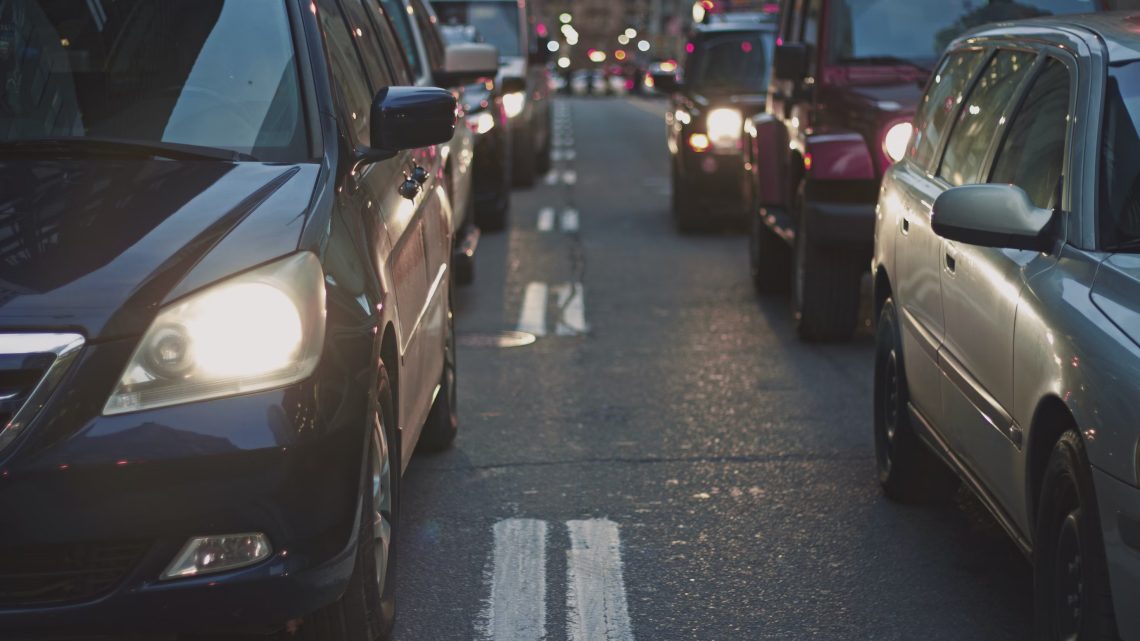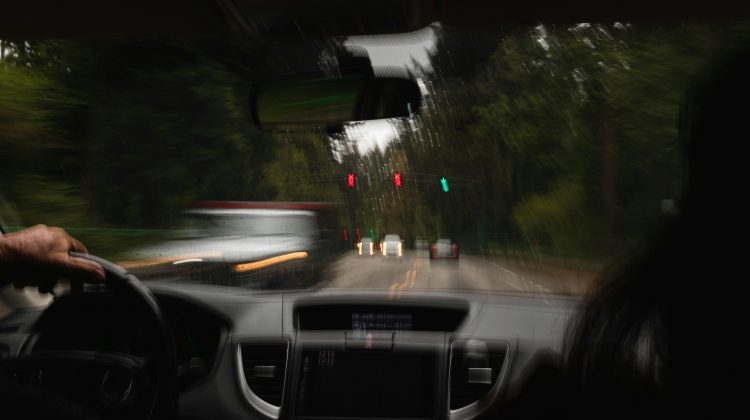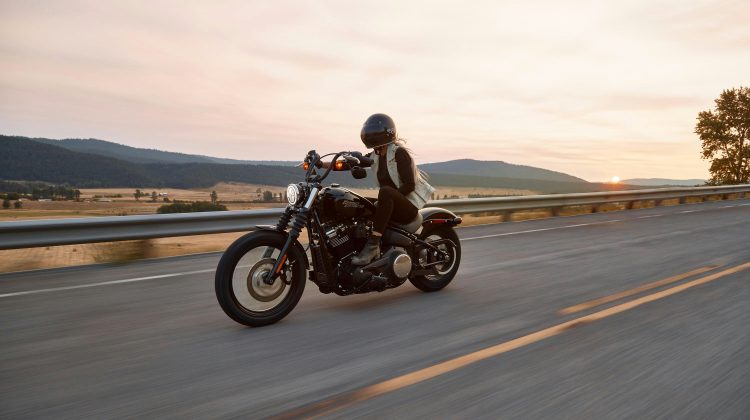With the final holidays of the year rapidly approaching, celebration and drinking are in order. But with this increase in gatherings of loved ones, there are more efforts to curb impaired driving, namely with roadside DUI checkpoints as a preventative measure.
These checkpoints have reduced the amount of drunk driving on the road, potentially saving lives. Therefore, be extra careful this time of year to avoid making a mistake with far-reaching consequences.
How Frequent Are DUI Checkpoints During the Holidays?
In states that allow sobriety checkpoints, you can expect to see them during the hours people are most likely to be out and inebriated. The frequency of the checkpoints will depend on your state and jurisdiction. Law enforcement officers may also search your car for open containers at these stops. You can check your state’s laws here.
In a typical drunk driving stop, a police officer must have reasonable suspicion to stop someone. Sobriety checkpoints, on the other hand, do not require probable cause to conduct a sobriety test, but they must follow legal protocols. You can get arrested if your blood alcohol content is over the legal limit or if you have an open bottle in your car.
What Are Alternatives to Driving Drunk This Holiday Season?
This answer may seem like common sense, but it is an important reminder. After drinking, your judgment is affected, and you could act in a way you never would while sober. It’s imperative to have a plan in place before drinking to prevent disaster.
Plan to have a sober driver or call an Uber or Lyft before leaving home. You can also give your keys to the party host, so driving isn’t an option. When it comes to drunk driving, there is no sense of being overly cautious.
For more information, follow these safe holiday driving tips.
Your Rights While At a Sobriety Checkpoint
If you get stopped at a sobriety checkpoint, you do not have to consent to a field sobriety or chemical test. However, refusing a test may lead to negative consequences. Your state’s implied consent laws could require you to submit to a sobriety test if you appear to have been drinking. For example, in many states, refusal can lead to the automatic suspension of your driver’s license.
You can get arrested for driving suspiciously even if you refuse a sobriety test. All an officer at a DUI checkpoint needs to make an arrest is probable cause. You must agree to a chemical test after an arrest.
What Happens If I Get Arrested at a Checkpoint?
If you get arrested at a sobriety checkpoint, know your rights. While you do have to comply with the police, you have the right to remain silent and request an attorney before answering questions. You are not required to answer any questions before your attorney is present.
Keep in mind that anything you say can be used against you. Make sure to contact a lawyer experienced in DUI cases right away.
It’s always best to be proactive and have a plan to avoid extra trouble. That way, you can prevent a negative outcome during the holidays and keep others safe.





No Comment